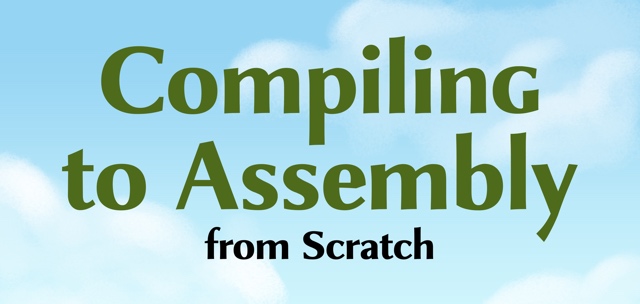@Apos yes, the motivation was just to show a bit of assembly. Hello-world is a classic, but I wanted to include some simple instruction like add and mov as well. I will think of another example/explanation.
Also, I plan to change the Taste of assembly section: instead of numbers in the code (/* 1 */) that are referenced in the text, I want to present full code listing, and then repeat relevant instructions intertwined with explanations.


